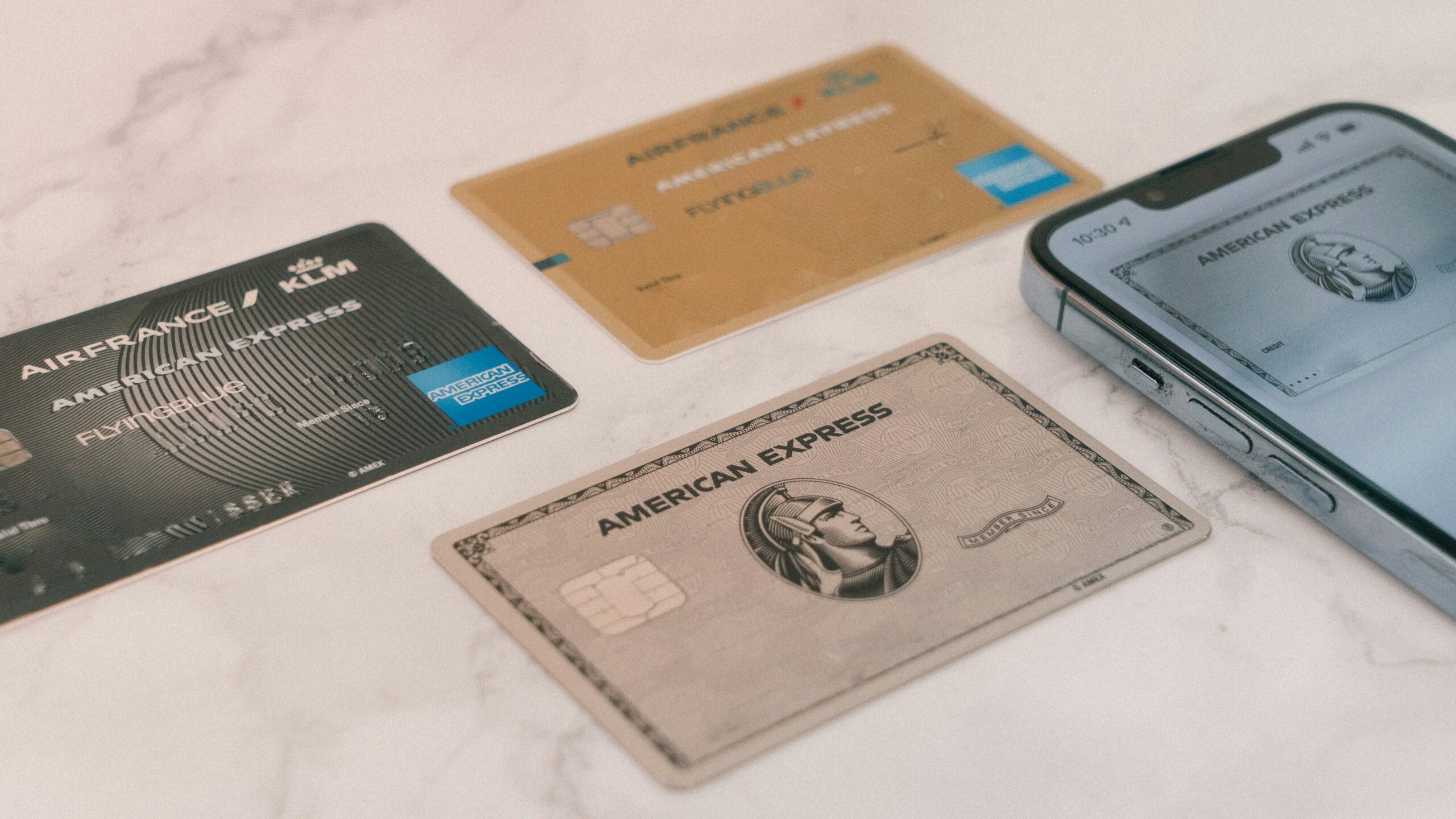Strategies to Consolidate Credit Card Debt in the U.S
By Ethan Brooks |

The collective credit card debt of Americans recently hit a staggering $1.17 trillion, with an average of $6,329 per individual. Managing such balances becomes even more challenging when debts are spread across multiple cards, each with varying interest rates and payment schedules.
Credit card debt consolidation offers a viable solution. This process involves combining outstanding balances from multiple cards into a single loan or credit account. Not only does it simplify payments, but it can also lead to significant savings on interest if the new debt comes with a lower rate.
Seven Key Methods to Consolidate Credit Card Debt
Several options are available for individuals seeking to consolidate their credit card debt. Eligibility for each method depends on one’s credit history, making it essential to weigh the pros and cons of every alternative. Accessibility doesn’t always equate to being the most financially sound choice.
1. Apply for a Personal Loan
One of the most common strategies is securing a personal loan. Many lenders offer fixed interest rates, ensuring predictable monthly payments throughout the loan’s term. These rates are often lower than those of credit cards, especially for individuals with good credit scores, enabling faster and more cost-effective debt repayment.
2. Use Balance Transfer Credit Cards
Balance transfer cards allow users to shift debt from multiple credit cards to a single card. These cards often feature an introductory period with 0% APR for a year or more. However, once this period ends, standard interest rates apply to any remaining balance, so careful planning is crucial.
3. Leverage Home Equity
Homeowners with substantial equity can consider a home equity loan or a home equity line of credit (HELOC). These options allow borrowing against property equity, often at lower interest rates than personal loans. However, the risk of foreclosure makes this a decision requiring careful consideration.
4. Consider Vehicle Equity Loans
Similar to home equity loans, vehicle equity loans let individuals use their car as collateral. While this option may provide quick access to funds, it carries risks due to the depreciating value of vehicles and the potential for owing more than the car’s worth.
5. Join Debt Management Programs
Debt management programs are designed to assist individuals with multiple types of debt. Often run by nonprofit agencies, these programs provide structured plans featuring fixed monthly payments and reduced interest rates. They’re an excellent option for those overwhelmed by multiple obligations.
6. Seek Help from Family or Friends
Borrowing from trusted family members or friends can be a cost-effective way to consolidate debt. Such arrangements often come with favorable terms compared to traditional lenders. However, it’s vital to formalize the agreement to avoid misunderstandings.
7. Take Loans from a 401(k)
In some cases, individuals can borrow against their employer-sponsored 401(k) retirement plan to pay off debt. While this option may provide quick relief, it’s typically considered a last resort due to the potential impact on long-term retirement savings.
Steps to Take Before Consolidating Debt
Before diving into debt consolidation, thorough preparation is essential:
- Assess Your Financial Situation: List all your credit cards, their outstanding balances, and interest rates.
- Create a Budget: Establish a personal budget to control additional spending and avoid impulse purchases.
- Weigh Your Options: Analyze the most suitable strategies based on your financial goals, comparing rates and requirements.
- Seek Professional Guidance: Financial advisors or credit counselors can provide valuable insights tailored to your circumstances.
The Impact of Debt Consolidation on Credit Scores
Initially, debt consolidation might cause a slight dip in credit scores due to hard inquiries from lenders. However, this decline is often temporary. Over time, effective debt consolidation can lead to improved credit scores by reducing credit utilization and ensuring timely payments.
With proper management, debt consolidation is not just a way to simplify finances but also a step toward long-term financial health.
Ethan Brooks




